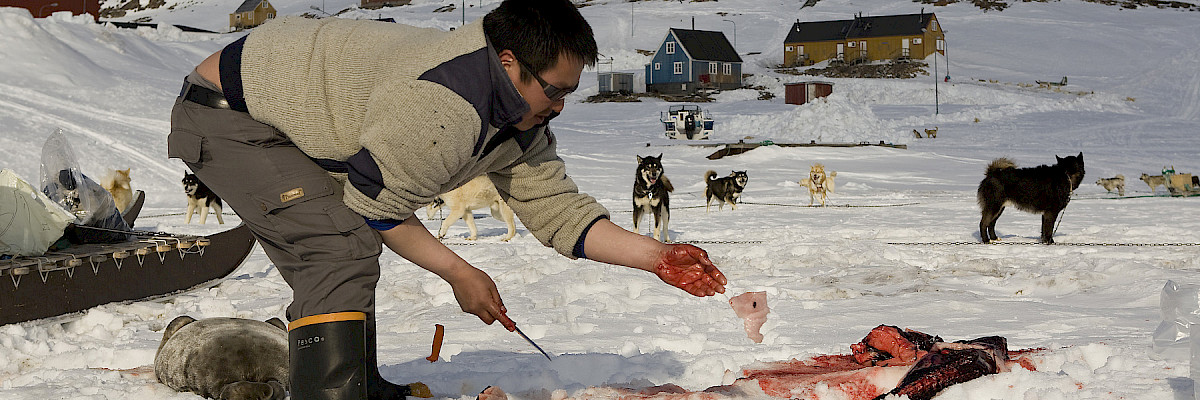
Arctic TEEB
The Arctic TEEB project is producing a Scoping Study that explores the possibilities of capturing the Arctic’s diverse values.
CAFF, in partnership with WWF, UNEP-TEEB, and UNEP-GRED Arendal, developed a scoping study (2015) on ecosystem services and the application of a TEEB approach and methodology in the Arctic.
This scoping study is a first cut at an inventory and synthesis of ecosystem service categories, with a focus on the less visible regulating and supporting services. The ecosystem services discussion draws from the project’s draft ecosystem services inventory and invited input from experts on what ecosystem services they saw as important and what they perceived as risks to these services.
The scoping study is predominantly based on the TEEB scoping study approach and methodology. It differs from this model, in two ways:
- it includes information and discussion related more generally to improving understanding of the full range of Arctic ecosystem services, as well as information and discussion on aspects of governance and of valuing ecosystem services in the context of the circumpolar Arctic and Arctic Council; and
- it does not conclude with a defined set of specific policies for assessment in a full TEEB study, but rather provides guidance and examples on policy focus areas that could be further refined and assessed using TEEB methodology.
These differences are related to the multi-jurisdictional nature of Arctic governance, the diversity of value systems around the Arctic, and to meeting the needs identified by the Arctic Council, both through the Arctic Biodiversity Assessment and through recommendations on implementation of ecosystem-based management in the Arctic.
The scoping study concludes with options for follow-up work. This summary is divided into three sections:
- Laying the foundations: Key findings from compiling and synthesizing information, issues, current practices, methodologies and perspectives on Arctic ecosystem services and their values in relation to decision making
- Policy focus areas: List and discussion of policy areas identified during the scoping study for potential follow up using the TEEB approach
- Way forward: Options for the next steps. This includes, but is not limited to, application of TEEB methodology to identified policy focus areas and considers options for practical implementation of TEEB at a range of jurisdictional and spatial scales
What is TEEB?
The Economics of Ecosystems and Biodiversity (TEEB) is a global initiative coordinated by the United Nations Environment Programme (UNEP). TEEB draws attention to the benefits that people gain from nature (ecosystem services), including food from fishing and hunting, maintenance of culture, water, enjoyment of wilderness, nature and wildlife, and provision of raw materials. Equally important but less obvious benefits include climate regulation and flood control. TEEB also brings attention to the costs to society when ecosystems are damaged and when plant and animal populations are lost. TEEB provides an analytical approach, tools and guidance that can help make the range of nature’s benefits more visible when politicians, businesses, communities and others make decisions that might affect these benefits or put them at risk.
 Arctic Council Working Group
Arctic Council Working Group